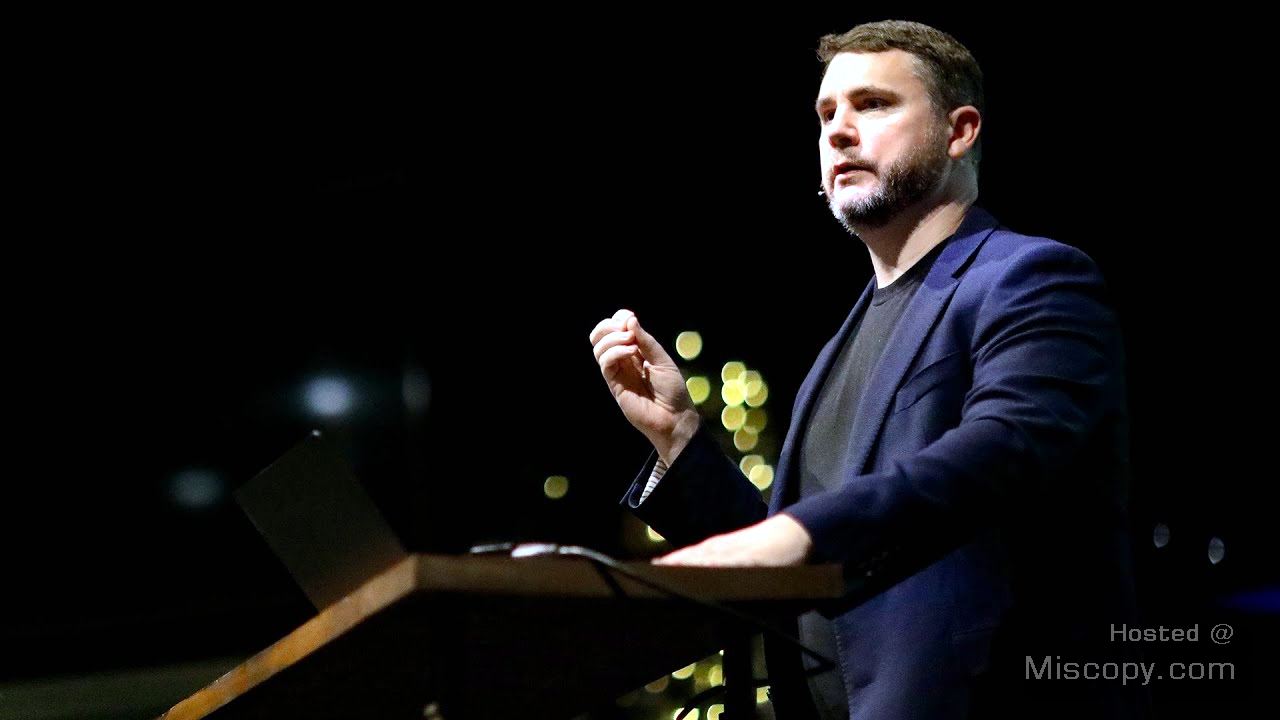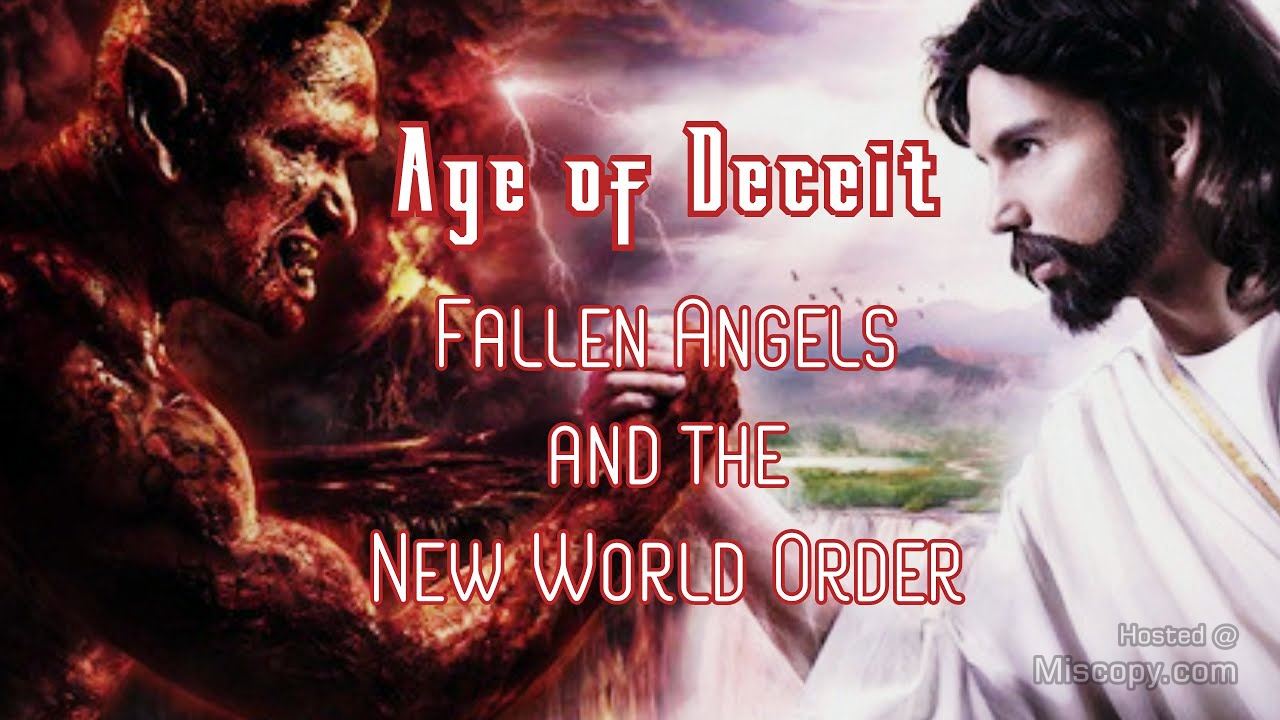In recent years, “Cancel Culture” has become a ubiquitous term in the world of social media and politics. But what exactly is Cancel Culture?
In simple terms, Cancel Culture is the practice of publicly shaming or ostracizing individuals or groups who have said or done something deemed offensive or objectionable by the snowflakes. While some may argue that cancel culture is necessary to hold people accountable for their actions, the reality is that Cancel Culture is toxic as it causes more harm than good for both individuals and society as a whole.
Let’s take a look at why exactly cancel culture is toxic, and what impact it has on a free society.
Firstly, cancel culture is toxic because it operates on the principle of guilt by association. Individuals are often judged not by their actions, but by their perceived association with a particular group or ideology. This can lead to a situation where people are judged unfairly and punished without due process. This causes a chilling effect and creates a climate of fear, where people are afraid to express their opinions or engage in debate for fear of being labeled as “problematic“, “cancel-worthy” or God-forbid… “anti-semitic.”
Secondly, cancel culture is toxic because it is often based on subjective interpretations of words or actions. What may be deemed as offensive or problematic by one person or group may not be seen that way by others. Cancel culture allows for one group or individual to dictate what is deemed acceptable or not, often without considering the perspectives of those who may disagree. This can create a narrow-minded and intolerant society, where only a certain set of ideas and beliefs are deemed acceptable.
Thirdly, cancel culture is toxic because it often seeks to erase or silence opposing viewpoints. This is particularly true on social media, where people can be “cancelled” for expressing opinions that are deemed outside of the mainstream, or those which are not “politically correct.” This creates a culture of conformity, where people are afraid to express dissenting views or engage in healthy debate. In a free society, the ability to express opposing viewpoints is essential for progress and democracy.
Finally, cancel culture is toxic because it can have serious real-world consequences. People who are “cancelled” can lose their jobs, their reputations, and even their livelihoods. This creates an environment where people are afraid to speak out or express their opinions, for fear of being punished or ostracized. It also leads to a society where people are defined by their worst moments or actions, rather than their potential for growth and change.
In conclusion, cancel culture is a toxic phenomenon that is harmful to a free society. It operates on the principle of guilt by association, is based on subjective interpretations of words and actions, seeks to silence opposing viewpoints, and can have serious real-world consequences.
Rather than cancelling or ostracizing individuals who may have made mistakes or expressed unpopular opinions, we should engage in healthy debate and dialogue, and seek to understand and learn from different perspectives. The idea of an inclusive and tolerant society which cancel culture fanboys scream for can then, and only then become reality.
The mass crushes beneath it everything that is different, that is excellent, individual, qualified, and select. Anybody who is not like everybody, who does not think like everybody, runs the risk of being eliminated.
~ José Ortega y Gasset, The Revolt of the Masses






